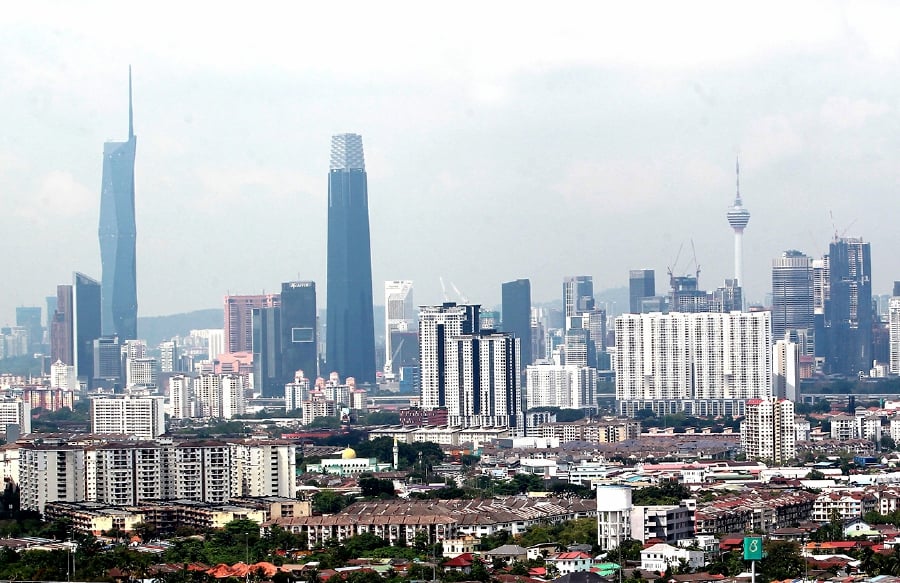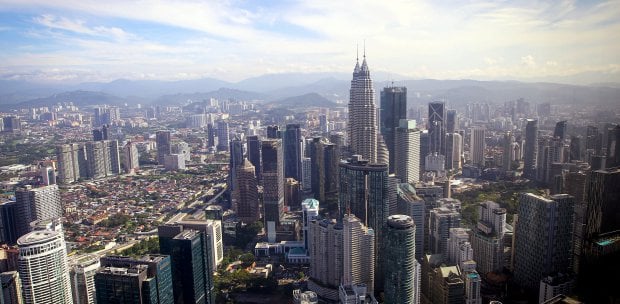KUALA LUMPUR: The government's 4 to 5 per cent economic growth target is reasonable and achievable, says an economist.
Sunway University economics professor Dr Yeah Kim Leng said the growth target was in line with the expected improvement in global trade and Malaysia's resilient domestic demand.
He said most projections for Malaysia's growth in 2024 by agencies such as the International Monetary Fund, World Bank, and the Asian Development Bank currently fall within the official forecast range of 4-5 per cent.
"In addition, the country's potential growth of around 4 pct could have risen due to strong investment in capital goods which have risen on average by 9.6 pct per annum over the past three years," he told the New Straits Times when commenting on Putrajaya's 2024 economic growth target.
On the domestic front, he said subsidy rationalisation is not expected to disrupt growth and inflation as it involves a shift from blanket to targeted subsidies.
"The income transfers accompanying the subsidy removals are expected to maintain household spending, especially among the poorer households affected by higher fuel and food prices."
However, he said ongoing conflicts in Ukraine and Gaza would continue to cast a shadow over the global economy while inflation and high interest rates in the US could prolong demand issues and financial market fragilities.
Yeah said the medium-to-long term economic frameworks and sectoral blueprints rolled out in 2023 have provided greater policy certainty and direction.
"The challenge now lies in the implementation, especially in nudging the private sector towards achieving the industrial upgrading goals and shifts to digital and green economy.
He said continued efforts must be made to enhance the investment climate and business environment to attract investments and boost business confidence.
"The low-hanging fruits include expediting the approved investment pipeline and following through on structural reforms."
Malaysia missed its 2023 economic growth target which was also set between 4 pct to 5 pct.
Earlier this week, Bank Negara Malaysia said Malaysia's economy grew by 3.7 pct as exports remained subdued.
However, the central bank expects improved growth on the back of a recovery in external demand.
Meanwhile, Center for Market Education (CME) chief executive Carmelo Ferlito quantitative predictions on economic growth were "meaningless" given the unpredictable nature of the economy.
"What is more important are components of GDP that drive growth," he said citing the example of manufacturing which was stagnant in 2023.
"GDP growth driven by private consumption and government spending financed by deficit is likely to drive to inflation and an economic crisis.
He said international factors like the strengthening of the US dollar at the expense of the ringgit and the slow economy in China, Malaysia's main trading partner, will continue to impact the economy and affect growth.
"The government needs to improve the investment environment, with consistent regulations and pro-market reforms, rather than continuous hints about interference in the market.
"We should work towards becoming more business-friendly and reduce government involvement in business to avoid crowding out the market and sending disappointing signals to investors, domestically and internationally."





